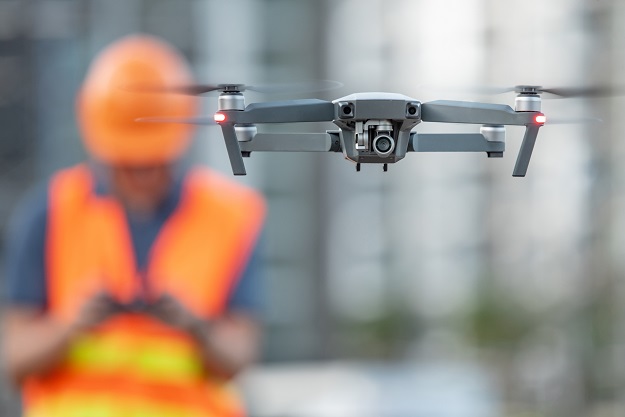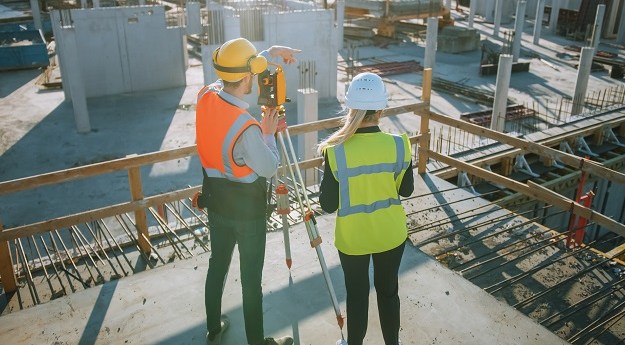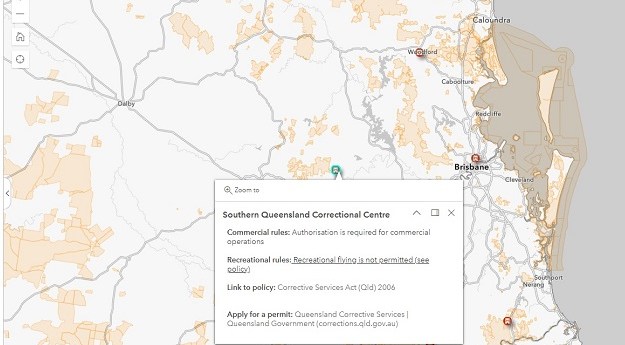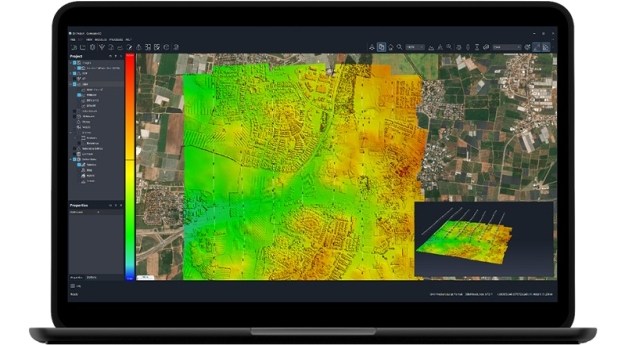
©stock.adobe.com/au/zephyr_p
From 1 July 2022, some operators of drones within Australia will be required to seek noise approval under certain circumstances before they can fly.
From that date, the Department of Infrastructure, Transport, Regional Development and Communications is making drone noise regulations compulsory, requiring that holders of remotely piloted aircraft operator’s certificates (ReOC) to seek approval in particular cases.
The Department has put together an online self-assessment form to help operators determine if they:
- are exempt from requiring noise approval
- can be granted automated noise approval
- are required to provide a full application.
Operations considered to “pose a high risk of causing significant noise impacts to the community” will require a full application to be completed. Successful applications will cover all expected drone operations for the following 12 months.
On 14 December 2021, the federal government introduced the new regulatory framework to better manage noise from drones. Those regulations are set out in the Air Navigation (Aircraft Noise) Regulations 2018 (the Noise Regulations).
A grace period until 1 July 2022 was granted to help industry operators adjust to the new framework.
According to the Department, the “purpose of the Noise Regulations with regard to remotely piloted aircraft (RPA) and drones (used interchangeably) are to provide a targeted and risk-based approach to managing noise disruptions caused by RPA to the community”.
“Most RPA operators will likely be exempt from requiring an approval. RPA operators undertaking complex or large operations may be required to gain an approval from the department.”
Operators who might need to seek approval under the Noise Regulations include those who are flying for a commercial purpose and/or have been issued a ReOC.
For operators in this category, only the ReOC holder should apply for an approval — pilots who operate RPA under a ReOC (through a remote pilot licence) do not need to apply.
The Department recommends that ReOC operators who think they might need to apply, use the online self-assessment application form to clarify the situation.
Those who do not need to seek an approval under the Noise Regulations include:
- Those flying for fun or recreation; or
- Those flying for a commercial purpose in the ‘Excluded RPA’ category; or
- Those flying drones that weigh 250 grams or less; or
- Those flying drones under the standard operating conditions; or
- Those flying drones for one or more of the following purposes: agricultural operations, environmental operations, firefighting, medical, emergency or policing purposes.
Stay up to date by getting stories like this delivered to your inbox.
Sign up to receive our free weekly Spatial Source newsletter.












